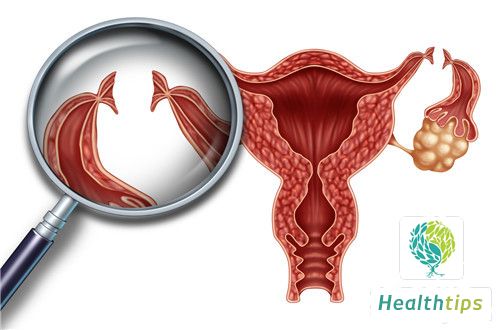How to Check if There Are Any Issues with the Heart?
Projects to check for heart problems include electrocardiogram (ECG), echocardiography, coronary computed tomography (CT), etc. Of course, if you experience symptoms such as chest tightness and rapid heartbeat, it may also indicate a heart problem, and you should seek medical attention promptly. It is recommended that everyone take the time to go to the hospital for a physical examination once or twice a year to keep track of any potential issues with specific body parts or organs.

1. Electrocardiogram (ECG): This is a common test that can provide timely information on whether the patient has arrhythmias or other conditions. It can also reveal whether there is myocardial ischemia. Some patients may have normal ECGs when not experiencing symptoms, but abnormal ECGs may occur during symptoms. Observing the evolution of the ECG can help identify problems.
2. Echocardiography: Echocardiography is also available for the heart, which can provide timely information on whether there are any issues with the function and structure of the heart. For example, it can reveal whether there is stenosis or insufficiency of the heart valves, and whether there is a decrease in the contractile or diastolic function of the heart walls, which helps in the detection of heart failure and other diseases.
3. Coronary CT or Coronary Angiography: This project primarily checks for stenotic lesions in the heart's blood vessels, used for the diagnosis of coronary heart disease (CHD). It is mainly used for patients who experience symptoms of CHD such as chest pain, chest tightness, and palpitations. Through this examination, it can be determined whether the symptoms are caused by CHD.



















